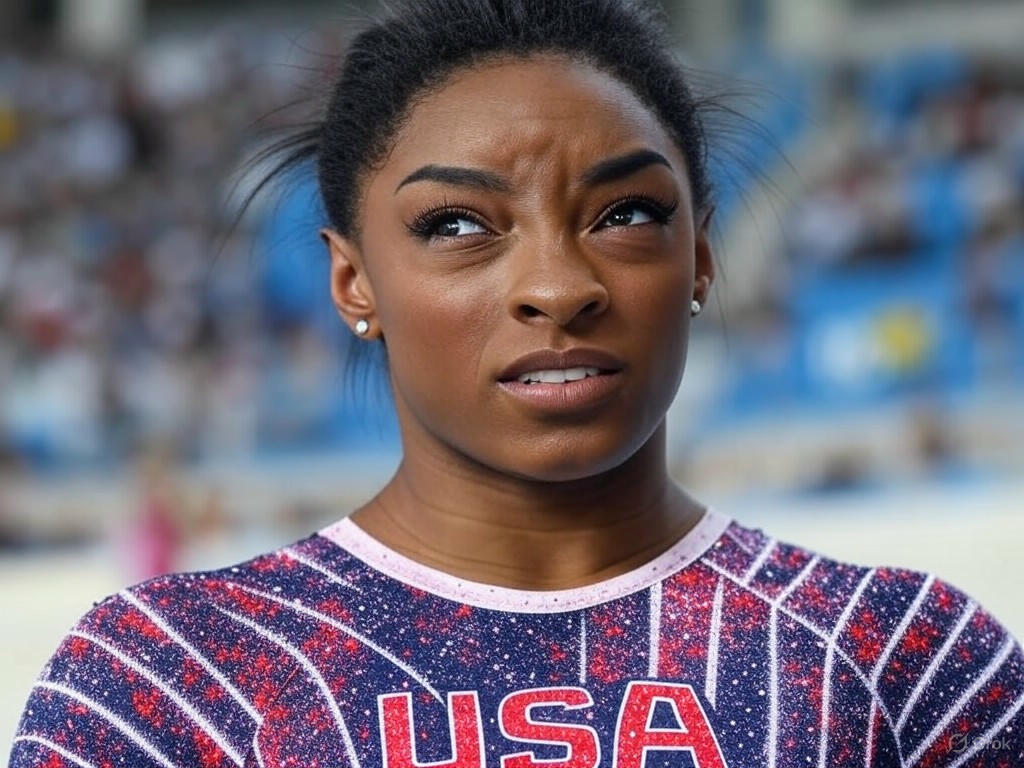Simone Biles Sparks Debate with Strong Words for Riley Gaines Over Trans Athletes in Sports
In a fiery clash of opinions that has gripped the sports world, Olympic gymnastics icon Simone Biles has publicly slammed swimmer Riley Gaines for her stance on transgender athletes competing in women’s sports. Biles, a celebrated figure known for her unparalleled achievements and advocacy for mental health, took to social media to express her frustration, labeling Gaines’ views as ‘truly sick.’ This bold statement has ignited a heated discussion about fairness, inclusion, and the evolving landscape of competitive sports.
The controversy stems from Gaines, a former All-American swimmer, who has been a vocal advocate against allowing transgender women—athletes who were assigned male at birth—to participate in women’s categories. Gaines argues that biological differences create an uneven playing field, citing her own experiences competing against transgender athletes. Her position has garnered both support and criticism, with many praising her for defending traditional gender divisions in sports, while others accuse her of perpetuating exclusionary rhetoric. Biles, stepping into the fray, made it clear she disagrees with Gaines’ perspective, emphasizing the importance of creating a welcoming environment for all athletes, regardless of gender identity.
This public feud highlights a broader tension within the sports community as governing bodies grapple with policies on transgender participation. Organizations like the International Olympic Committee have updated guidelines to prioritize inclusion, often requiring athletes to meet specific hormone levels to compete in their identified gender category. However, critics like Gaines argue that these measures do not fully address physical advantages, particularly in sports where strength and speed are paramount. On the other hand, supporters of transgender inclusion, including Biles, stress that sports should reflect societal progress and provide equal opportunities for everyone to compete and thrive.
The exchange between Biles and Gaines has also drawn attention to the personal toll such debates can take. Biles, who has faced immense scrutiny in her career, seems to empathize with marginalized athletes who fight for their place in sports. Her comments suggest a call for empathy over rigid rules, urging the community to consider the human side of these policies. Meanwhile, Gaines remains steadfast, claiming her stance is rooted in protecting the integrity of women’s sports, a cause she has dedicated herself to since retiring from competitive swimming.
As this debate unfolds, it’s clear that the intersection of sports, identity, and fairness will continue to challenge athletes, fans, and policymakers alike. Biles’ outspoken criticism of Gaines has added a high-profile voice to an already complex issue, ensuring that conversations about transgender athletes in women’s sports remain in the spotlight. Whether this will lead to meaningful change or deeper division remains to be seen, but one thing is certain: the passion on both sides reflects a shared love for sport and a desire to see it evolve in a way that honors all competitors.


